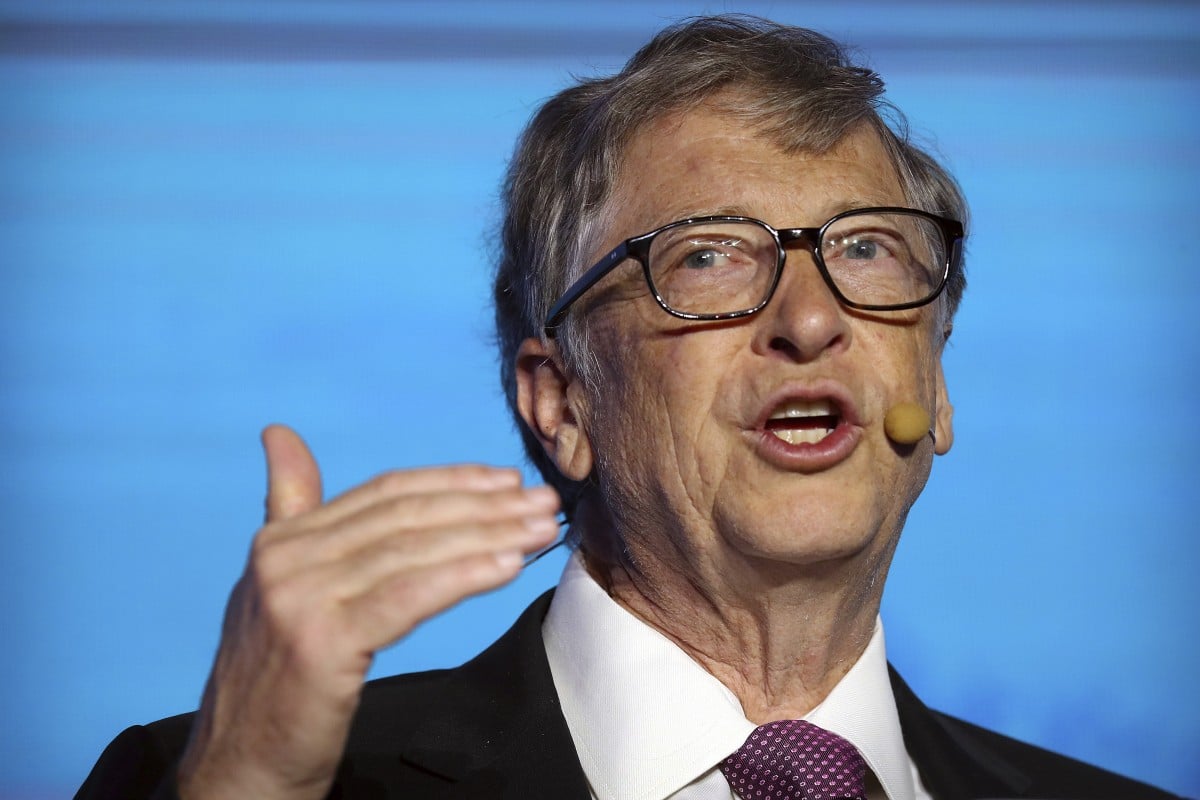
The co-Founder of the Bill and Melinda Gates
Foundation (BMGF), Mr. Bill Gates, has stated that Nigeria and India are the worse
countries on the global gender inequality index, and that this may hamper the drive
to improving human capital development and achieving the United Nations
Sustainable Development Goal (SDG).
He said although a person’s gender and place of
birth still, unfortunately, determine the future of that person, countries must
make conscious investments in their ‘next generation’ if they hoped to build on
the improvements already made in health and development, as shown by the
Goalkeepers Report, an annual report by the BMGF to track progress in SDG.
Gates, who stated this during a restricted
teleconference held with select journalists across the world recently, said:
“Countries that are interesting to look at are India and Nigeria, where the
districts that are worst off are some of the toughest in the world, and the
districts that are well off are actually almost exceeding the success of
developed countries. We need to take best practices from the best countries.
“Our data shows that while progress on health and
development continues unabated, global inequality remains a major barrier to
achieving the SGD. Even in the worst-off parts of low and low-middle-income
countries, more than 99 percent of communities have seen an improvement in
child mortality and schooling. Yet, despite this progress, persistent gaps in
opportunity mean that nearly half a billion people-about one in 15 persons-still
do not have access to basic health and education,” adding that majority of
those affected are women and girls.
Gates mentioned that gaps between countries,
districts, and boys and girls prove that the world’s investments in development
were not reaching everyone, adding that no matter where one is from, life is
still harder for females than males.
The foundation co-founder said despite gains in
female educational attainment, opportunities for girls are limited by social
norms, discriminatory laws and policies, as well as gender-based violence,
noting that to address this persistent inequality, countries should look at a
new approach to development, targeting the poorest people to make up the most
ground.
According to him, “Governments should prioritise
primary healthcare to deliver a health system that works for the poorest;
digital governance to ensure that governments are responsive to their
least-empowered citizens, and more support for farmers to help them adapt to
climate change worst effects.
“We will produce a Goalkeepers Data Report every
year through 2030, timing it to the annual gathering of world leaders in New
York for the UN General Assembly.”
Gates described Nigeria as a super-important
country for achieving SDG globally, adding that the BMGF has done a lot of work
in Nigeria on polio, and was glad the country has gone almost three years
without having a polio case.
He said even though polio was still a priority, the
foundation was focusing on primary healthcare system as a priority as well.
Gate said: “If I had one wish for Nigeria, it would
be that the quality and funding of the primary healthcare system would achieve
the level of some other countries that have lower income but have done a better
job. So it’s definitely doable.
“In Nigeria, for a lot of the work we do there, we
have partnered Aliko Dangote, who helps us understand who the good partners are
and exactly how we can reach out to groups like the traditional leaders and get
them involved in these efforts as well. So, Nigeria is important, and I'm
hopeful about the country. As you see in
the 2019 Goalkeepers Report, the disparities within Nigeria are quite stark.
“Also, one challenge that Nigeria has is that the
amount of money that the government raises domestically is quite small compared
to other countries. A lot of countries at that level will be raising closer to
15 percent of Gross Domestic Product (GDP), and Nigeria is one of the lowest in
the world down at about 6 percent. And
so, it is a huge challenge that when you want to fund infrastructure, health,
education, among others, and over time, with the tax collection, the domestic
resources are going to have to go up quite a bit.”
No comments:
Post a Comment